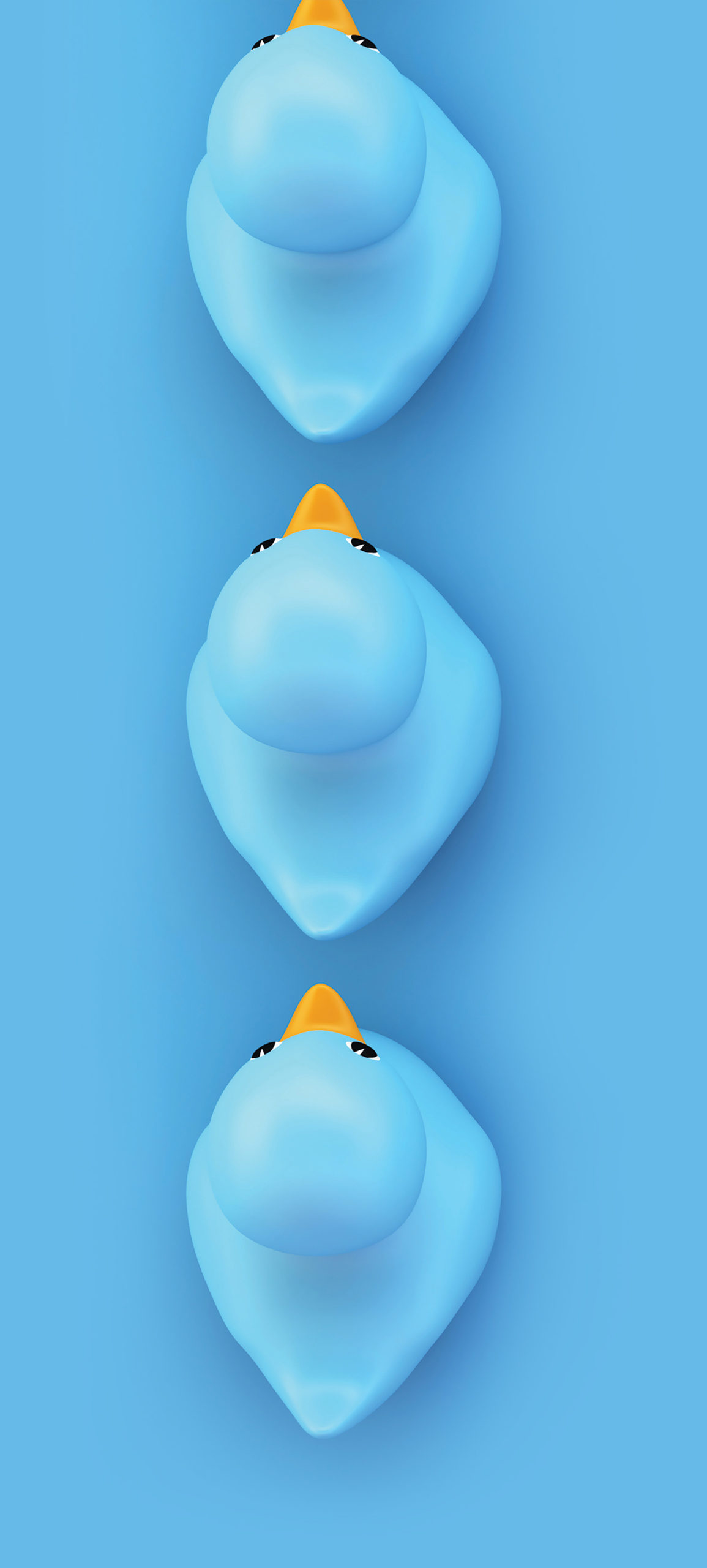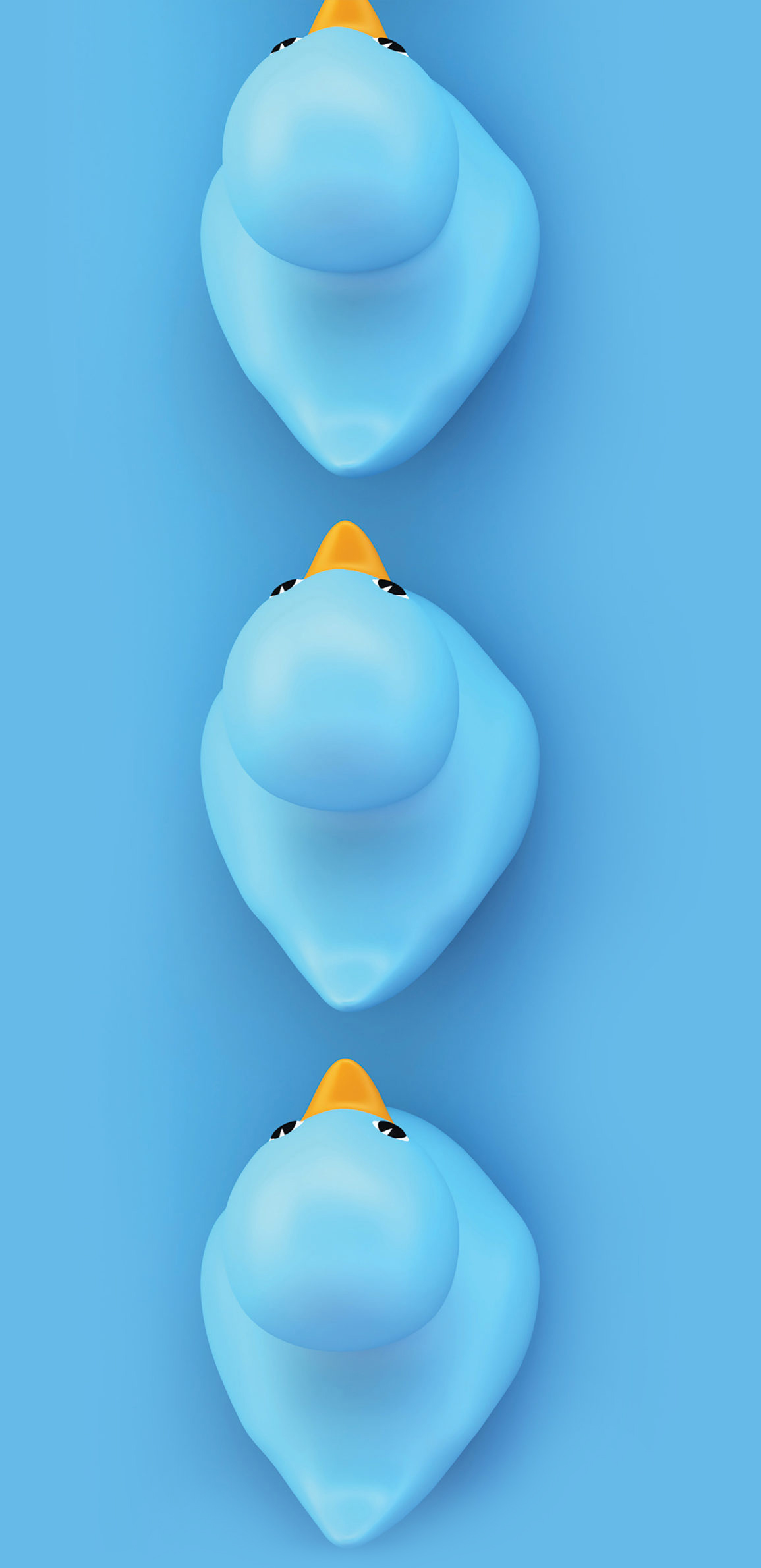
by Jesse DePriest
re you ever surprised when things that seem to be running fine suddenly get out of control? You have all your ducks in a row and, just when you think everything is in sync, one of the little fluff-bombs waddles off and disrupts the whole journey. What is going on?
We live in an imperfect world, and there are demons among us causing chaos—sometimes big chaos, like the COVID-19 pandemic. We ignorantly enjoyed a daily routine of commuting to work, working with a great team in an office, going to meetings, etc., and then bam! The demons of chaos rose and shook us all into a new awakening. Overnight, COVID-19 forced us from our happy routines to confusion, uncertainty, and learning.
We experience these demons of chaos in frequent, smaller ways, too. The app you’ve been using for weeks suddenly freezes and you can’t get that project updated while you eat breakfast. The microphone just purchased for better virtual meetings gets a bug and generates disrupting noises. The tire on your car, now sitting in your garage more than it did before, slowly, almost imperceptibly, goes flat. The team member that was once highly engaged and participative unexpectedly decides to leave.

But on the other side of darkness, there is light. To every villain, there is a hero the leader can employ to keep chaos at bay.
I’ve experienced the demons of chaos in organizations, and I know that, without constant vigilance, we essentially invite them into the fray.
Atrophy is when muscles lose their mass due to inactivity. I broke my foot in the fall of 2019, and it took nearly six months to heal. My once well-toned calf muscle shriveled like a flabby drumstick. Atrophy is an insidiously powerful demon because it is “working” whenever we are resting.
The same thing can happen to a team. I had the privilege of leading a mechanical product design team that in any given period would be developing dozens of varied precision products for the aerospace industry. The skills for each kind of design were very different, and there would often be a long time lapse between similar types of projects. The design “muscles” (i.e., job skills) for that new project had atrophied and the engineer had to relearn and rebuild them.
Use continuous learning methods to keep skills sharp and monitor how your processes perform over time—look for those muscles that have not been exercised lately.
When I was getting my calf and leg muscles back in shape, I had to exercise regularly and consistently. The discipline of training is paramount to sustain performance at a high level. In our teams, we can keep members focused on their strengths and skills, and continue to hone their abilities to become more efficient and stronger over time.
To keep atrophy in check, we must be disciplined to exercise our teamwork muscles every day. Use daily huddles and weekly team power hours to stay strong as a team and focused on process performance and improvement. Use continuous learning methods to keep skills sharp and monitor how your processes perform over time—look for those muscles that have not been exercised lately.
Left alone, a machine will wear out. Lubrication breaks down and the bearing fails. Electronics corrode and send faulty signals. Springs under heavy load for long periods of time lose their resilience.
In my experience, teams will also get worn out if neglected. Enthusiasm will wane, interest and engagement fade, team unity break down. People will get confused and frustrated.

I served in the U.S. Army as an aviation officer. My best experience was as a commander of an Aviation Unit Maintenance company. Our mission was to maintain a fleet of 30 helicopters. I learned quickly that the most effective way to achieve that goal was to properly perform regular preventative maintenance. Routine lubrications, cleaning, checks, and inspections that could identify pending failures kept us ahead of natural wear and tear and prevented costly unplanned downtime and risky component failures. The demon of entropy is not allowed on helicopters.
People need regular, routine maintenance and care, too. Leaders must provide reinforcement and corrective feedback to each of a team’s members, encouraging and acknowledging them in their work. Coaching and training teammates combats confusion, frustration, and fatigue.
Our teams fall victim to complacency when we think everything is going swell. “There are no problems here,” they say. “We are doing fine!” But the demon blinds us to a better way, and keeps us blissfully and ignorantly stuck in the status quo. We don’t even know how good things could be.

Without a challenge—a reason to strive for a better, more positive future—the team may be unknowingly happy in their regular grind and griping. Optimization and improvement require a stimulus to disrupt the status quo.
Fat cats don’t hunt.
I worked with a company that had wild success in the years before I started working with them. Revenues and profits were way up. Despite a lack of attention to process and people development, the market and unique financial circumstances catapulted them to record earnings. Although the leaders knew their success was mostly due to special circumstances, they still lacked the authentic, serious desire to improve the flow of value to their customers.
I have observed confident yet humble leaders, and they are massively effective. They are courageous and know that their skills, experiences, and training are valuable and needed, but they also train their focus on the principle of humble service to others.
The demon of indifference is particularly devilish. It tells us that we don’t have enough time, energy, or power to make any real difference. It tells us, “Don’t worry about it,” “Stay in your lane,” “You don’t need to be concerned about that,” “Someone else will handle it.” Worse, the demon of indifference labels others to keep us justified in our thinking.
The more we know, the more we care. What do we really know about the issues our representatives are debating? What sorts of pressures do the executives of our companies struggle with daily? What is the story about that old lady down the street? And why is that inspector so darned picky—what is driving him? If we take a minute and seek to understand and to develop a relationship, maybe we can see through the veil of indifference and find a connection to our purpose.
We were made for adventure, purpose, passion, discomfort, and problem solving. If we first start with an attitude of joy, we will find the discipline necessary to combat the demons, breach the obstacles, and fulfill our full purpose.
So, gather your team—get real about where you are and how you are going to work together. Create a vision of excellence that you can reach toward together. Pick up the spirit of serious joy and start climbing… It’s demon repellent.
Keep smiling and keep striving.
